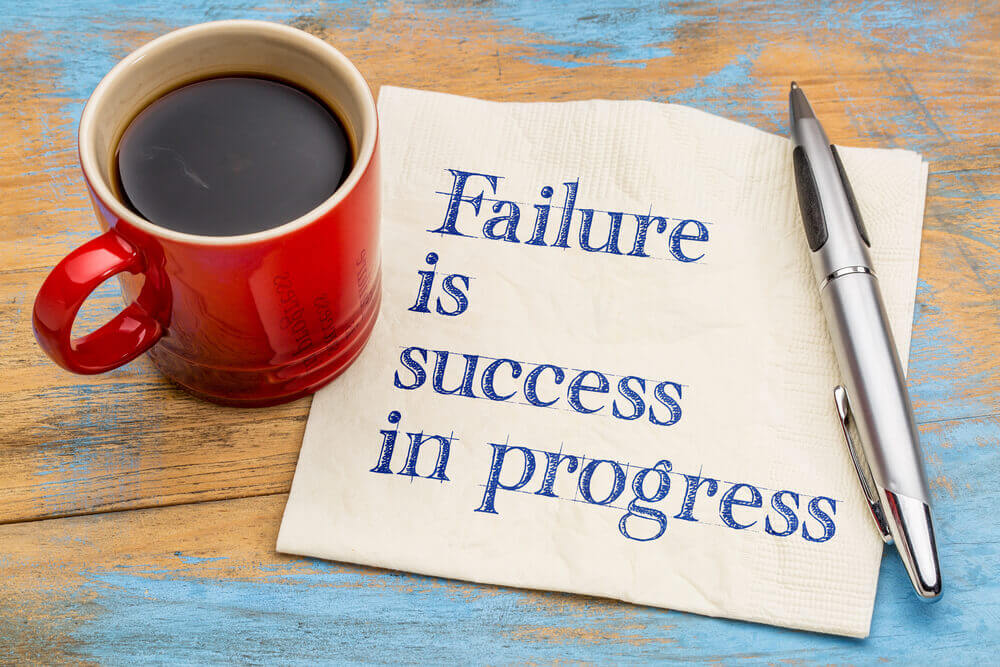Did you ever see the child’s roly-poly clown toy that was weighted on the bottom, so that every time it was knocked over, it would bounce right back again? To me that’s the perfect representation of resilience – the ability to bounce back after something has tripped us up.
Some people have more resilience than others. They are back and off again while others are still sitting on the floor wondering what happened.
How do they develop their resilience?
Resilience is a state of mind; it’s a mindset we are all capable of building. There are three sides to this mindset and while they are all important, pay close attention to the last one because it is critical.
-
Know your strengths
Know what you’re good at and work with your strengths. When you believe you can rely on yourself, your confidence soars. A confident person is usually a resilient one.
-
Know when to ask for help.
Asking for help does two things. First, it means you’re not alone so whatever you face, you will have support. It’s a lot easier to bounce back when you have someone to pull you up.
-
Know failure means learning.
This is the most important factor to always remember when something doesn’t go your way.
We’re raised to think of failure as wrong. It’s bad. We haven’t done well enough or haven’t been good enough. It has such a negative connotation to it that we do anything we can to avoid it.
Apparently, there is right and there is wrong, and wrong is a dead-end street. There’s no opportunity for resilience there.
I don’t believe it’s all about right and wrong. In my world, there is right and there is learn.
With this change of viewpoint, a world of possibilities suddenly opens, no matter which end you are at. Think of it this way; if you aren’t right, you’ll be given another tool you can use when you try again. Now that’s a great way to encourage and build resilience.
I don’t mind being wrong. It is a form of experiential learning, and certainly teaches me something. And I know if I fall, I’ll bounce back again, thanks to the skills and knowledge I pick up at the time.
Being right all the time might feel great for a while, but you don’t get the opportunity to grow. When you’re not right, you learn and extend yourself into new areas. There’s nothing static about it.
Failure is just an outdated word for a “learning opportunity” and the more times we ‘’fail’’, the more opportunities we have to grow, and the more resilient we become.
Which would you rather have? Right vs wrong or right vs learning?
If you struggle with a lack of resilience, have a good think about right vs learn. If you can change your way of thinking, you’ll notice a change in your ability to bounce back from knock-downs.
If you still need help, take a look at the resources on the Athena Coaching website or contact me to talk about the different ways I can help you to boost your resilience.


